Service hotline
+86 0755-83975897
Release date:2024-09-03Author source:KinghelmViews:2964
When evaluating the IPEX1 and IPEX4 connectors, it’s essential to consider their distinct features and applications. The IPEX1, also known as U.FL, is designed for compact devices, offering a lightweight and space-efficient solution for high-frequency connectivity. In contrast, the IPEX4, or MHF4, provides advanced performance with enhanced durability, catering to more demanding environments and higher frequency requirements. Understanding these differences helps in selecting the right connector for your specific needs, whether it's for space-constrained devices or high-performance applications.
Overview:
●IPEX1 (U.FL): The IPEX1 connector, also known as U.FL, is designed for compact and efficient connections in small electronic devices. Its compact size and lightweight nature make it a popular choice for applications where space is limited.
●IPEX4 (MHF4): The IPEX4 connector, or MHF4, represents a more advanced iteration with improvements tailored for higher frequency operations and greater performance needs. It is designed for more demanding applications that require robust and reliable connectivity.
Key Differences:
1. Physical Size and Design:
●IPEX1: Features a terminal diameter of 2.0 mm, with a height of less than 3 mm and a larger socket size. Its base dimensions are a 2-mm circular base. This design supports a wide range of RF cable diameters and is ideal for applications in confined spaces.
●IPEX4: Has a smaller terminal diameter of 1.5 mm, with a height of less than 1.7 mm and a smaller socket size. The base is a 1.5-mm circular base. This more compact design helps in fitting into tighter spaces but supports higher frequency ranges.
2. Performance and Durability:
●IPEX1: While it provides reliable performance, it is generally suited for standard high-frequency applications. Its main strength lies in its ability to deliver reliable connections in tight spaces.
●IPEX4: Offers improved performance at higher frequencies with enhanced durability and a robust locking mechanism. It is designed to handle more demanding environments and is preferred for high-speed data transfer systems.
3. Application Suitability:
●IPEX1: Ideal for smaller devices such as smartphones and laptops where minimizing space is crucial. Its larger socket size and base dimensions make it versatile for various RF cable diameters.
●IPEX4: Best suited for applications requiring superior performance and durability, such as advanced data communication systems and other high-frequency uses. The improved locking mechanism and robustness make it suitable for environments where reliability is essential.
Summary:
Choosing between IPEX1 and IPEX4 connectors involves assessing the specific needs of your application. If compact size and versatility in a small device are your priorities, IPEX1 is likely the better option. Conversely, for applications that demand higher performance, greater durability, and robustness, IPEX4 is the optimal choice.
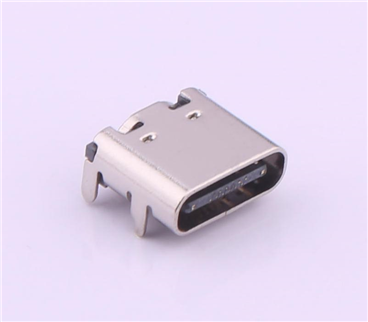
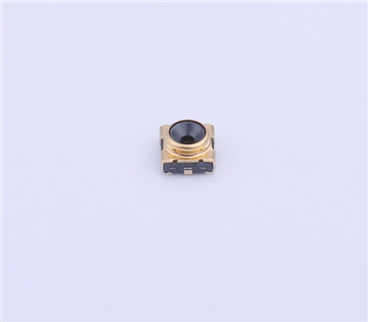
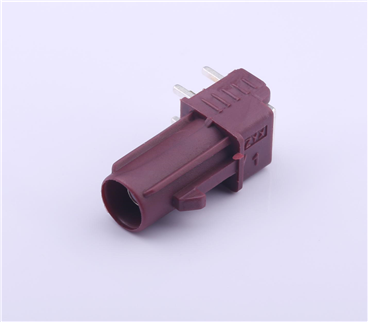
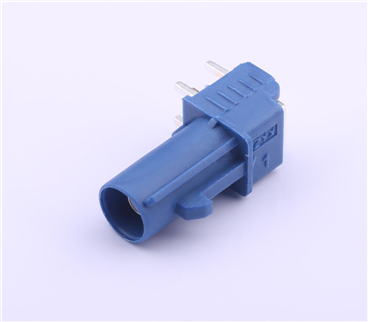
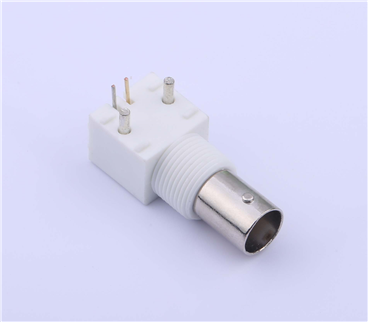
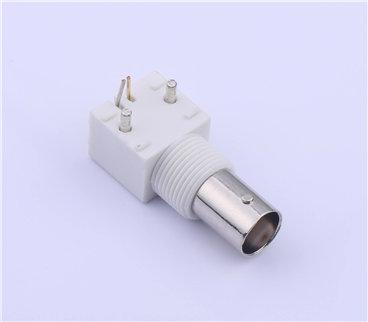
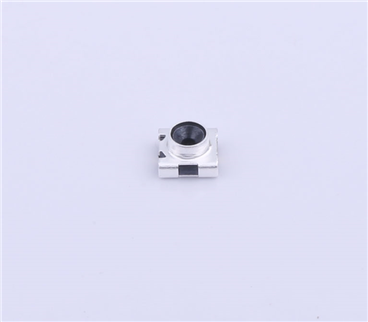
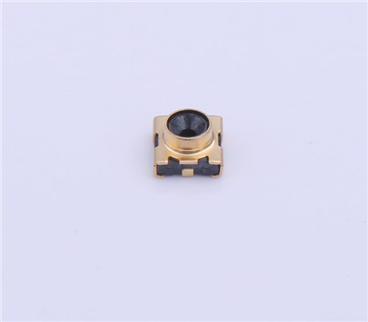
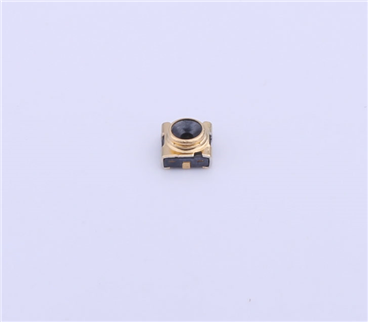
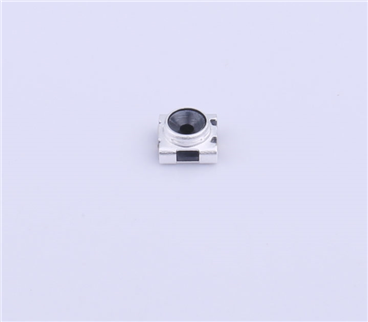
Copyright © Shenzhen Kinghelm Electronics Co., Ltd. all rights reservedYue ICP Bei No. 17113853